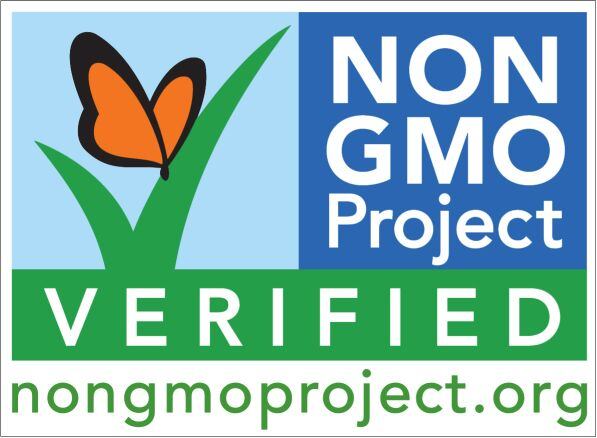However, should GMO labeling become mandatory, non-GMO sales could account for up to 40% of the market by 2017, according to Non-GMO Foods: U.S. Market Perspective, which predicts that demand for organic and natural foods will drive much of the growth.
While it is difficult to be precise about the size of the non-GMO market, the Packaged Facts definition includes:
Organic foods; some natural foods (it acknowledges that many foods marketed as ‘natural’ contain GMOs and has based its estimates on prior research into the natural foods market); foods actively marketed as non-GMO (eg. those verified by the non-GMO project); and foods that are not marketed as organic, natural or non-GMO, but are (probably) non-GMO because they do not contain ingredients from GM crops, or meat/eggs/milk from animals fed GM feed.
Consumers most concerned about GMOs in food are mothers of young children in their mid-30s living in urban middle class households
But which consumers are buying into the non-GMO message?
According to a national survey of 2,000 US adults conducted by Packaged Facts in June 2013, consumers most concerned about GMOs in food are mothers in their mid-30s with young children that live in urban middle class households.
Meanwhile, urban dwellers in general are more likely to buy groceries with non-GMO labels than suburbanites, who are in turn more likely to buy them than rural citizens, says Packaged Facts.
As for ethnicity, Hispanic and African-American households are more concerned about GMOs in their food than other ethnic groups, while consumers under 45 are more likely to purchase non-GMO labeled foods than the over 45s.
While a high percentage of shoppers say they support GMO labeling, however, less than a third of regularly buy products specifically labeled as non-GMO, adds Packaged Facts.
This is now a public relations battle between two sides trying to control a narrative

In the meantime, the debate over GM crops is becoming more and more polarized, with advocates arguing they are safe to eat and better for the environment and detractors arguing the polar opposite, says the researcher.
“There is a broad base of concern among advocacy groups, driven by fear of the unknown as well as concerns about altering nature, that GMOs are not safe.
“In addition, there are concerns that GMOs are essentially created by just a few international conglomerates that through their ownership of GMO technology can essentially control the global food supply.
“Much of the back and forth on the benefits and dangers of GMO ingredients and foods has passed beyond being a reasonable discussion of scientific data into a public relations battle between two sides trying to control a narrative.”
For more information on the report, click here.
For all our latest coverage on GMO issues, click here.
